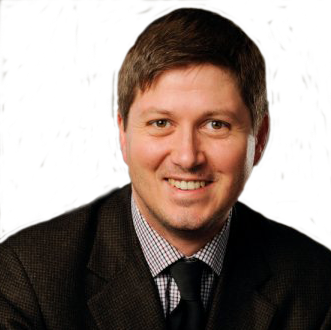
WILL LEITCH
Biography
Will Leitch grew up in Mattoon, Illinois, where he was born on October 10, 1975 and attended the University of Illinois Urbana-Champaign. Leitch covered the Fighting Illini as a writer at the Daily Illini, the University of Illinois’ student newspaper. But he didn’t join the Daily Illini to cover sports. Leitch wanted to write for the Illini in the capacity his idol, Roger Ebert, had before him.
Where Ebert helped pioneer movie criticism, Leitch has been at the forefront of the new media revolution in sports. In 2005, Leitch created Deadspin, the irreverent and wildly popular sports blog that lead the wave of sports blog popularity early in the mid-2000s.
After three years of running Deadspin, Leitch left the site to write for New York Magazine, where he is still a contributing editor. He still writes movie reviews for Deadspin, along with Tim Grierson.
In addition to New York Magazine and Deadspin, Leitch is a senior writer at Sports on Earth, where he also hosts The Will Leitch Experience Podcast. This year, Leitch has also started writing about politics for Bloomberg Politics. Leitch has also written for The New York Times, GQ, Esquire, The Atlantic, Bloomberg Businessweek, Parade, Glamour, Fast Company and The Nation.
Interviewed by by Tim Curtis and Brian Marron
I grew up in Mattoon, Illinois, which is about an hour south of the University of Illinois. It’s about four hours from Chicago and two hours from St. Louis and Indianapolis.
For me, when you’re in a small town like that, there’s nothing happening — like, literally nothing happening ever — so you find yourself wanting to have connections to larger things, and for me that was sports.
The Cardinals were two hours away and my first year watching sports was those Ozzie Smith, Willie McGee, Vince Coleman Cardinals that were so exciting.
In basketball, the local CBS affiliate carried every Illinois basketball game live no matter what. I was halfway decent at sports, but for me, sports was a connection to the outside world, which is a difficult thing to find when you grow up in the middle of nowhere. So it was basically that and punk music. So for me, that was the initial love of it.
I went to the University of Illinois for college, really because it was obvious that was where I was going to go. It was an hour away and Roger Ebert had gone there. I wanted to write about movies. Sports was something I enjoyed, but I didn’t consider it, frankly, serious enough to write about.
I started working almost immediately at the Daily Illini because Roger Ebert worked there and I just wanted to do what Roger Ebert did.
We got paid 85 cents per column inch, so I was like, “Well, shoot, I’ll start writing about sports all the time too.”
I covered intramural sports, while still reviewing movies for them, and then women’s tennis and hockey.
By my sophomore year, I was covering basketball. The thing I noticed covering sports then was, for me, sports was fun. Sports was this diversion and glorious, fun, giddy, silly thing that I could just dive as deep into as possible and was escapism from life and really just this incredibly joyous thing.
I would go up and sit in the press box and everyone was so miserable. People were just miserable up there. They acted like the game couldn’t get over fast enough and all the athletes were jerks and all the fans were stupid and these people that had these jobs that seemed to me like as cool a job as you could have, to just get to watch sports all the time and write about it, they were absolutely miserable.
It was pretty obvious right then that I made a clear decision that I was not going to be a sportswriter because I did not want to be a miserable 45-year-old man or older.
So, I still covered sports for the Daily Illini because I enjoyed going to Illini games for free, but the idea of covering sports as a career was something I really didn’t want to do.
In fact, I had a brief sojourn after college where I worked for The Sporting News for a year and a half, basically working the night shift and loading stories onto the website, like waiting for the Sonics-Blazers game to get over so I could load the box score and go to bed, which is not the most brilliant job in sports either.
Oddly, I never wanted to go into sports at all. I wanted to write about entertainment and I wanted to write about politics, but sports was still something I obviously enjoyed.
I moved to New York in 2000 to try to make it as a writer, like many idiots before me, for about five or six years. While I was there, me and a few friends of mine, including A.J. Daulerio, who took over Deadspin for me, started a site called The Black Table.
It was basically just an independent journalism site. We covered the Republican Convention, which was in New York in 2004, we covered all things opposite of a sports site, but occasionally I would write sports things for it.
So in 2005, Gawker Media, which by then they started to have a few sites, had a sponsor called “Bodog,” which was a gambling site, ask them “Hey listen, do you guys want to do a gambling blog? We’ll sponsor a gambling blog for six months if you can find someone to do it.” And so [Gawker] had seen my work on The Black Table; they liked my writing on The Black Table.
Meanwhile, I was doing The Black Table while I was answering phones at a doctor’s office, so it was the furthest thing from a real job.
They asked me if I’d be interested in doing this gambling site and I said, “Actually, I think gambling on sports is morally wrong and destroyed what I love about sports, so no, I don’t want to do that, but I think you guys should do a sports site.”
So basically I wrote this long pitch and the opus of the pitch was “How do you write about sports in way that makes sure that you still love sports?” because it seemed like everybody I knew that wrote about sports as their job hated it and was miserable about it.
I’m like, “OK, if I’m going to write about sports, if this going to be my job,” and at that point I was so desperate for a job, I was just bluffing.
I would’ve taken any gambling job in a second; I just figured I’d try sports. I basically said, “How can I turn a site that brings the joy and love that I have for sports and write about that rather than this endless hero worship.”
So, I gave this long pitch and they saw the pitch and thought, “OK, nobody knows who this guy is, which means he’ll be really cheap, so let’s give it six months and see how it works.”
Three months later, Deadspin was born, and it was September 2005.
Rick Chandler, he was an assistant and he would do a couple posts just so I could go for a run in the middle of the day, but it was my site.
I just wrote the way I wanted to write. To write about that kind of joy of sports and the irreverent stuff and the way that people actually talked about sports compared to the way that media talked about sports — that was how Deadspin got launched, and I never really thought of Deadspin as something that would be a full-time job in the long term.
I actually figured it would crap out after about six or nine months and hopefully enough people at actual publications would see my writing and like it enough to let me write for them.
But it took off. It took off a lot faster than I thought it was going to, and by then it became something much larger than me and much larger than my wanting to write. I do think that that spirit of writing about sports in a fun way that people actually talk about sports, I think that spirit remains and I hope it still remains to this day.
Most of my favorite writers were not sports writers. My favorite writers were like David Foster Wallace and Roger Ebert and Dave Eggers — all Midwestern writers by the way, all Illinois-bred writers.
I read a lot of Tom Perrotta, Jonathan Franzen. If there were sports writers I liked, I really like Bernie Miklasz, a St. Louis Dispatch reporter I loved a lot. I loved Dan Jenkins; he’s still one of my favorites.
Frankly, at the time Deadspin was launching and before that time, whatever you want to argue about what he’s doing now or kind of how he’s grown and turned into something different, it’s undeniable the influence Bill Simmons had during that time.
I remember reading a piece he wrote about the Atlanta Gold Strip Club trial on ESPN Page 2 in like 2003.
I was on my lunch break working at a doctor’s office and I read it and it was so funny. It was more than funny; it just felt like he was getting away with something; it just felt like something different than what other people were doing.
Now, the idea that Bill Simmons would be seen as some sort of outsider renegade is pretty hilarious, right? He was one of the hosts of the NBA pregame show at the NBA Finals.
But certainly at that time, I think his influence was undeniable. Why are we trying to climb up this newspaper hill and go cover all these crappy sports for all these years and hope that by 50, when we hate sports by then, we can write about something we want to write about?
He showed the path for that in a way that, regardless of your thoughts about him, it was undeniable the influence he’s had. He was something, not so much as a writer, but as someone who opened the door for a lot of people.
I think there’s a million things that could have happened and have me not starting Deadspin. It had nothing to do with whether I was a good writer or not, or whether the idea was good — life takes weird turns.
The main thing that I thought about at the time, I was hoping to catch my break, and it was in that mode that I wrote every day, every single day. The reason I took a job at the doctor’s office was because they had a computer, so I would write basically in between answering phones and scheduling MRIs and PET scans.
I would just write on Microsoft Word and then print it out and fax it to somebody or put it on my personal blog or something.
I wrote every day, even if no one was reading and even if no one was paying me. The idea of that was just in case anyone came across it, they could see what I can do and maybe have me write for them. But more to the point, it made me better and it made me figure out my voice, and when an opportunity did come, I was ready.
I’m so glad that the Deadspin opportunity didn’t come in 2003 because I wasn’t ready. The best advice I can give is to write all the time, to be proactive all the time. It’s very strange when people will be like, “Hey, so how do I write for so-and-so? How do I write for Maryland? How do I write for Sports on Earth or Deadspin?”
The fact is, all those places are run by human beings. That’s one of the beauties of the way sports is now, it’s not like it was when there was this chain you had to climb up at newspapers and television stations.
Now, they’re just run by free-wheeling editors. The average job of an editor is to have 80 balls up in the air at once. One thing you need to do is to make their lives easier. There’s no big gated community you have to get into. The key thing is, don’t worry about if anyone is reading you or not. Figure out your voice and figure out what you want to write about, what you’re good at, what you like doing.
There was a time a few months before Deadspin where New York Magazine — I later worked at New York Magazine full-time, but this was before then — they asked me to try out to be their party reporter. Like to go to parties and interview people and I was like, “Sure, man, I can do that.”
That is the opposite of my personality. I hate parties; I hate talking to people at parties. But at the time it was an incredible job and I’ve got to get this job. But it wasn’t right; it wouldn’t have worked. I was unemployed for a very long time, so I know that feeling of, “I’ve got to take anything; it’s better than nothing.” Not actually.
The best thing you need to do is worry about yourself. Like, if you have to take a job outside the industry for a little bit just to pay bills, that’s fine. This is not like a guild that if you get kicked out you can’t come back in again.
Deadspin didn’t launch until I was 30. I was just about to turn 30 years old. I spent 10 years after college being a loser and my parents thinking, “Why in the world? We thought our kid was smart. Now he’s answering phones at the doctor’s office in this city that we think is completely weird, and we don’t understand why he’s there.”
What I was doing during then, if you looked at my résumé, it would make no sense. My job before Deadspin was looking for registered magazines and before that was answering phones at the doctor’s office.
So my résumé doesn’t make sense, but don’t worry about the résumé. Worry about getting better, like making sure that you hone your voice, find out what you like to do. This is not actually for everyone. It’s a tough business. The one thing that everyone who succeeds has in common is that they wanted it more than anything. They wanted it. Sometimes people kind of want to work in sports, but they get three or four years out of school and it’s not really working and they’re like “well, I guess I’ll go to law school.”
You just can’t consider that an option. If you love writing, and that’s what I love — I love writing; I love reporting — this what I always wanted to do. Not doing it was just not an option. If I had to be this sad, pathetic 60-year-old man who was still typing BlogSpot posts waiting to be discovered, I was willing to do it because you have to. It has to be the decision you make and you can’t do it half-ass. Write and work all the time as if you are writing for millions of people, even if you are just writing for your roommate and his cat.
Deadspin will be 10 years old next September. I will say, even as someone who has not worked at Deadspin now for more than six years, it’s impossible to think of the sports world now without Deadspin.
When I was in high school, or even in college and after college, you went to ESPN or you went to Sports Illustrated and later you went to those crazy anarchists at Yahoo. There were not a lot of options.
One of the things that was exciting to me, that I wanted Deadspin to stand for at the very beginning, Deadspin was never “Here is what I think about something, now react to me.” I wanted it to be the opposite of that.
I wanted it to be this community thing, “Look, guys, I’m an idiot. I was answering phones at the doctor’s office like six months ago. The idea that I know more about this than you do is ridiculous. Let’s just get over that.” I wasn’t the first to come up with the idea, and certainly people were doing things larger.
I think people have expanded much larger after I left Deadspin. Certainly, I think that’s something I think Deadspin helped popularize during my tenure. I thought it was unmitigated at the time, and frankly, I still do.
There were a couple things, [why I left]. There was a personal reason and a professional reason. The professional reason was less but it was certainly there.
One of the advantages I had when I started Deadspin, Lockhart Steele, who hired me — he was Nick Denton’s No. 2; he started Curbed Network and all that, and they’re now owned by Vox — basically, he was making sure I was doing well at my job. So I asked him from the beginning, “Listen, I don’t want to know the traffic numbers; don’t tell me the traffic numbers, like, I don’t want to know. If the site’s not growing well enough, let me know.”
I feel like once you start chasing those numbers, you’ll never stop, and all of the sudden, the point of your site in the first place is lost. I said, “Listen, as long as the numbers keep going up, that’s fine, just don’t tell me the individual numbers. Don’t make me do Britney Spears posts.” He said “that’s fine, don’t worry about it, I’ll never tell you.”
And to this day, I still don’t look at traffic numbers because just because you can move that number up doesn’t mean you’re actually doing anything of value.
There was a founding principle at Deadspin: I figured, if I did a good job, people would find it, and I just trust the audience without artificially manipulating numbers to get a raise or something.
That was great and I think it’s one of the reasons Deadspin was successful at first. People saw that I wasn’t trying to sell them bullshit and, you know, Gawker got older. Gawker became more of a company, and even though I was still left alone, I left in the summer of 2008. No one ever told me to boost traffic and do those kinds of posts. You could see the direction the company was going and they had to, they were growing. They weren’t this crappy upstart anymore. I knew it wasn’t something I was going to be very good at.
The personal reason is, I still do find the indulgence of writing a blog when you have a captive audience, it’s sometimes not good for you as a writer.
Sometimes you end up writing things to get an audience reaction, other than necessarily writing things because they’re true or because they’re interesting or because you think there is something compelling about what you are writing about. I find that it’s addictive. This is why people are sitting at 100,000 tweets. They get addicted to the rush of people responding and telling them they’re wrong. It turns into a whole bunch of stuff that has absolutely nothing to do with writing and absolutely nothing to do with trying capture some sort of truth in what you’re doing.
At Deadspin, by the time Deadspin was three years old, people loved the site and they loved me doing it and so I could have written a really terrible post and people were like, “yeah! I agree!” I felt like I was doing good work, it’s not like they were lying. But, I did feel like if I kept doing that for too much longer, it would lead to lazy writing and it would lead to not challenging myself in the way that I wanted to.
I had written for New York Magazine, which I still consider one of the best magazines in the world. I still have New York Magazine. Adam Moss, the editor-in-chief, is a genius, and he’s one of the greatest minds in journalism. When he comes to you and says, “I love your work; I want you to write for my magazine,” that’s about the only offer I would have left for.
I wasn’t looking to leave Deadspin, but I’m glad I did. I’ve never regretted the decision. I’m very happy with it. Not just for me, but for Deadspin. I think the site is better because of it and my work is better because if it too. That was why I left.
I still write the movie reviews, which everybody hates and nobody really understands why the site has movie reviews. I like to have a little bit of connection to the site. My time at Deadspin is nothing but a positive. I had nothing but a great time doing it. No job turns out that way forever.
Eventually you find something that annoys you, and they make you do something you don’t want to do and it turns sour, and I never wanted it to turn sour. I’m glad I left when I did and it was definitely the right choice.
This was the time of Buzz Bissinger yelling at me on Costas Now and this was the forefront of Internet versus old media, mainstream media, and I hated that. I hated that discussion. I thought it was stupid. I thought it was just two sides yelling right past each other, and not actually listening to either side. For me, I felt like I had to make the switch before I became one of those people yelling at the other side.
There’s nothing sadder than someone hanging onto a job too long because they have to. Listen, like Rick Reilly used to write some of the most amazing stories that I’ve ever read in my entire life, he was an incredible sports writer.
Then he got addicted to the money, he got addicted to money and he got addicted to the fame and the being on television, and the work suffered.
That’s something I have a vow not to do. I’ve done some TV stuff and so on, but it’s not what I got into this for. I got into this because I wanted to write and I feel like you have to hang on to that, or you’re lost. If I just wanted to make as much money as possible, I could have gone into finance or something, I would have hated my life, but I’d have a lot of money.
I love to write and I’m so lucky now. I write for Sports on Earth, I write for Bloomberg Politics, I write for New York Magazine, I still write for Deadspin. I get to write about the things that I love in the way that I want to write about them. I mean, that’s a dream.
Like, that is all I ever wanted in the first place. Knock on wood; it’s a crazy business and you never know when everything is going to turn upside down and the whole stock market could crash in a week and the next thing you know we are all farmers — it turns into “Interstellar.”
These things can always happen. But I feel fortunate that the decisions I’ve made professionally have all been done with a stubborn insistence that I love what I’m doing. If you stick to that and you have that confidence, I think you can’t go wrong.
All I ever wanted to do was to write for a living. You have to find that one thing you want to do and make sure nothing deviates from it. If you don’t know what that thing is, keep looking and keep trying out new things and keep challenging yourself.
I knew that all I wanted to do was to write about the things that I care about, and I made sure that I wasn’t distracted, but keeping my eye on that one thing. I’ve been very lucky, knock on wood, that I don’t have to grow corn. Nothing wrong with growing corn by the way; those guys make a lot of money these days. You have to make sure you know what you want to do and just not deviate from it.
Writing is my natural comfort zone. I feel like I express myself so much better when I’m writing than I do at any other time in my life. So that makes it easier for me. Those Sports on Earth columns, I crank six or seven of those out a week. If I’m on a roll, I can have one of those done in like half an hour. It’s not because I’m not thinking critically or I’m not just trying to type as fast as I can. It’s just that it’s my natural mode of communication.
Writing is a comfortable place. Writing is the place where all the madness that surrounds all the time, it all kind of quiets down and I can wrestle it into some sort of cohesive form.
The most fun thing I’ve been able to be a part of was Linsanity. That was the coolest thing I’ve ever gotten to write about on a daily basis and be right in the middle of that story. It was basically the culmination of everything that we love about sports. Not only an underdog story, but to do it on the grandest stage in the most unexpected way, out of nowhere. It was really only two weeks, but it was as joyous of a sporting event as I’ve had to cover. To watch him do it and to see people react to him and really just lose their minds. New York fans have this idea that New Yorkers are cynical and they’re looking for their team to lose and I feel like that story just destroyed that whole idea. It was an absolutely joyous thing to cover.
I remember I did a long Q&A for New York Magazine, a conversation with Spike Lee. He said, “Listen, I’m not sure about Jeremy Lin.” He disagreed with me; he thought it was a good thing the Knicks got rid of him. He said, “That is the loudest I’ve ever heard the Garden.” Spike Lee, who I think is somewhat of an authority on the matter, and he said that was the loudest he’d ever heard it. That was as exciting a thing as I’ve ever been able to cover. I kind of miss it already.
As a sports fan, I’ve had higher highs than that. With the Cardinals, the 2011 World Series was the most fun thing I ever got to do as a fan. As something I got to cover as a career, there’s nothing like Linsanity. If you ask anyone, even the most cynical New York reporter, you really can’t beat Linsanity. It was really the most fun thing.
People that work in sports media are just obsessed with kind of talking about their own work. All that matters is consumers; that’s who this is for.
As a sports fan and as a reader of sports journalism, I cannot think of a better time to be alive than right now. The truly great work is just staggering when you really kind of take a step back and talk about all the different places.
Forget places like Deadspin and Grantland and Sports on Earth and places that are publishing things that would have never been published years ago.
Look at all the entertainment writing that is being done. Look at like, the Cardinals. There are literally 20 different great sites for me to read about the Cardinals. Never mind it being FanGraphs and based on perspectives and different people writing great on Grantland and Tim Marchman doing great on Deadspin. There are so many great places to read about the Cardinals. Literally 15 years ago, there was one.
When I’m thinking about state of the industry, I’m thinking from a consumer’s side. From a consumer’s side, there’s so much good stuff that you almost need a full-time job to read it all. It’s really kind of crazy when you think about how much great stuff there is on a daily basis.
You will not convince me that this is not the best time to be a consumer of sports media. But it’s scary out there, without question. Getting into the business, with all these people doing all these different things, it’s scary. It’s also inspiring because there’s such good work happening that it makes you want to be a part of it. I love the work that is getting done and I just feel lucky, as a consumer of sports media, to get to live in this time.
The fun part about writing about politics is I feel like the civilian writing about politics around all these political journalists. I write about how people actually see politics and how people actually see politicians.
One of the series that I’m doing, because it’s all ramping up for the presidential campaign, and one of the things I’ll be doing is I’m going to do a series where I go through every single profile of every single person running and find out all the basic biographical information about them that has absolutely nothing to do with politics. What kind of music do they like? Do they tip at dinner? The things that we actually look at the regular people in our lives and cast judgment about them and figure we know something about them. We never actually know politicians in that way.
I like to write about politics from the outside because most of my career has been writing about things that don’t matter. I mean, they matter like I like sports, you like sports; I like movies, you like movies. These things kind of matter, but they really don’t matter. They’re frivolous and if it turns out there’s an apocalypse about to happen, sports and movies would be the first thing to go and justifiably so. It’s fun to write about politics for me because: A. It’s different and B. It’s something that I enjoy.
I feel like politics is like writing in a lot of ways. People go into politics because they love it and they feel like they can make a difference and they can do something
Then they get there and they’re like, “Nope, can’t do shit. Let’s just go after the money.” Politics is a calling for people that I find enticing.
Nobody gets hammered more than Barack Obama and Hillary Clinton and Mitt Romney and all these people that run for office and put themselves in the public eye to try to make the world a better place.
They get destroyed, like, on a regular basis, and they feel like it is worth it, even in addition to the love of power, to actually make a difference in the world. That kind of blend of blatant opportunism and inherent idealism is intoxicating and absolutely fascinating to write about. That’s the appeal of politics to me: the different motivations that people have while still thinking they’re making a difference and can do something.
I’m not retiring. I’ll do this until I die; that’s the basic idea. I feel like there’s never been an end goal. The end goal was, frankly, to be doing what I’m doing now. To get to write about what I want to write about.
So now, the end goal is to make sure I get to keep doing that. I do some TV stuff. I do a lot of MLB Network stuff. That’s never the goal. That’s something you do to make sure you stay in the public eye enough that people let you keep writing.
One of things I feel has actually hurt Bill Simmons’ writing in the last few years, he’s just so ambitious. The ambition is just so overwhelming, and one of the things you loved about Simmons is you felt like you knew him in a lot of ways. Now it feels like there’s all these dumb things where he will do some strategic maneuver to try and I don’t want to be a person whose ambition can overweigh the love of what they’re doing.
I’m an ambitious person, but I’m ambitious to want to keep doing this and trying new things and certainly challenge myself. I don’t need to make $5 million. I don’t need to become world-famous. I don’t need to destroy my enemies and become the most famous person. I don’t need any of that stuff. I moved out of New York City to Athens, Georgia, because New York was too much of those things for me. I do not think that means that I want out of the game. I love being a part of this world.
My goal is to get to keep writing because writing is what makes me happy. It’s where I go to find peace and where I go to kind of make sense of the world.
I’ve been very fortunate to be able to make this life for myself and be able to write and I certainly want to continue to challenge myself, but I want to challenge myself about the work. The idea of getting to this level in my career or becoming this sort of thing, I don’t really have any interest in that.
If I have a best-selling book, that’s great because it means I’ll get to write another one and make it more likely that I’ll get to keep writing. But the idea that I need to conquer all worlds, that’s not something I want to do. I just want to make sure I get to write because that’s my favorite thing to do.
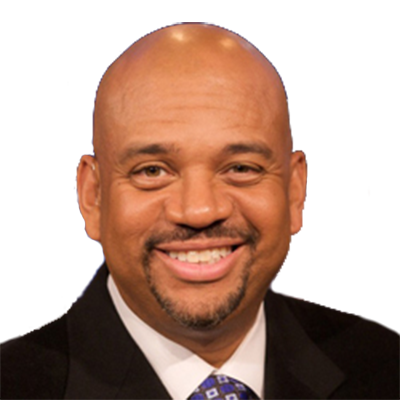 Michael Wilbon
Michael Wilbon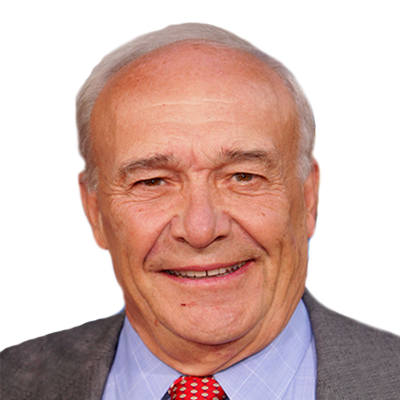 Bill Nack
Bill Nack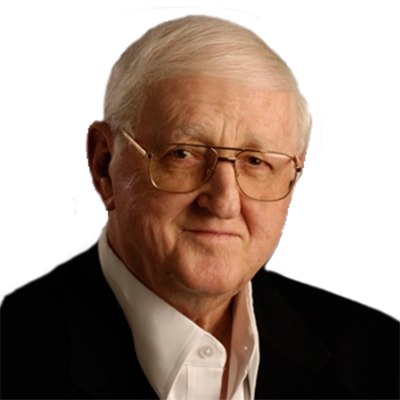 Dan Jenkins
Dan Jenkins Sally Jenkins
Sally Jenkins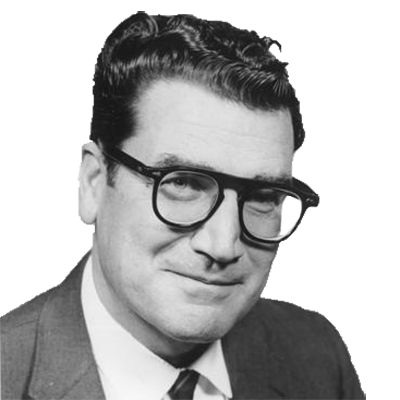 Jim Murray
Jim Murray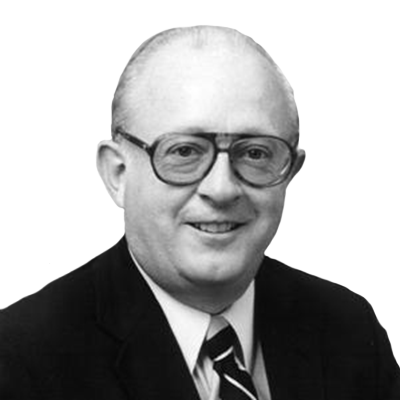 Dave Anderson
Dave Anderson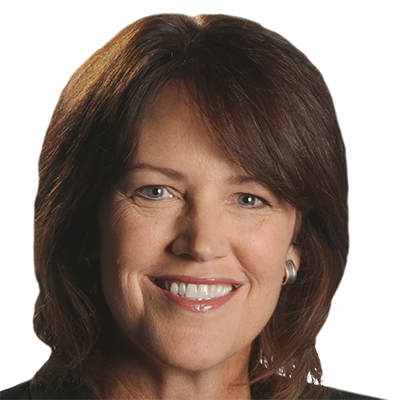 Christine Brennan
Christine Brennan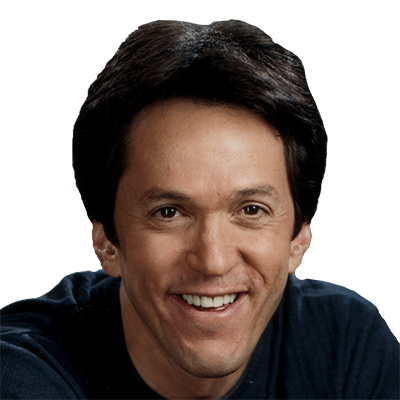 Mitch Albom
Mitch Albom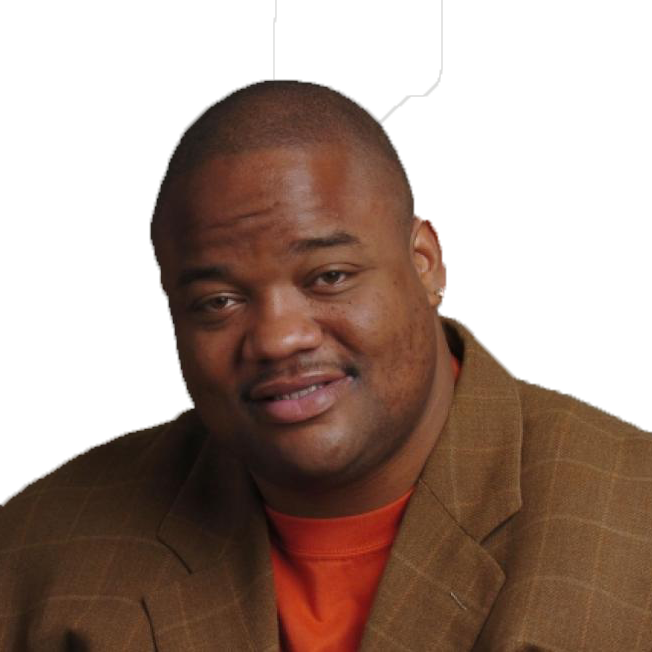 Jason Whitlock
Jason Whitlock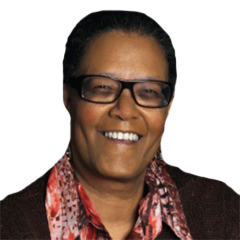 Claire Smith
Claire Smith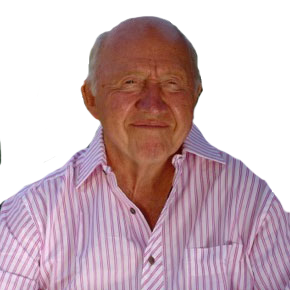 Bud Collins
Bud Collins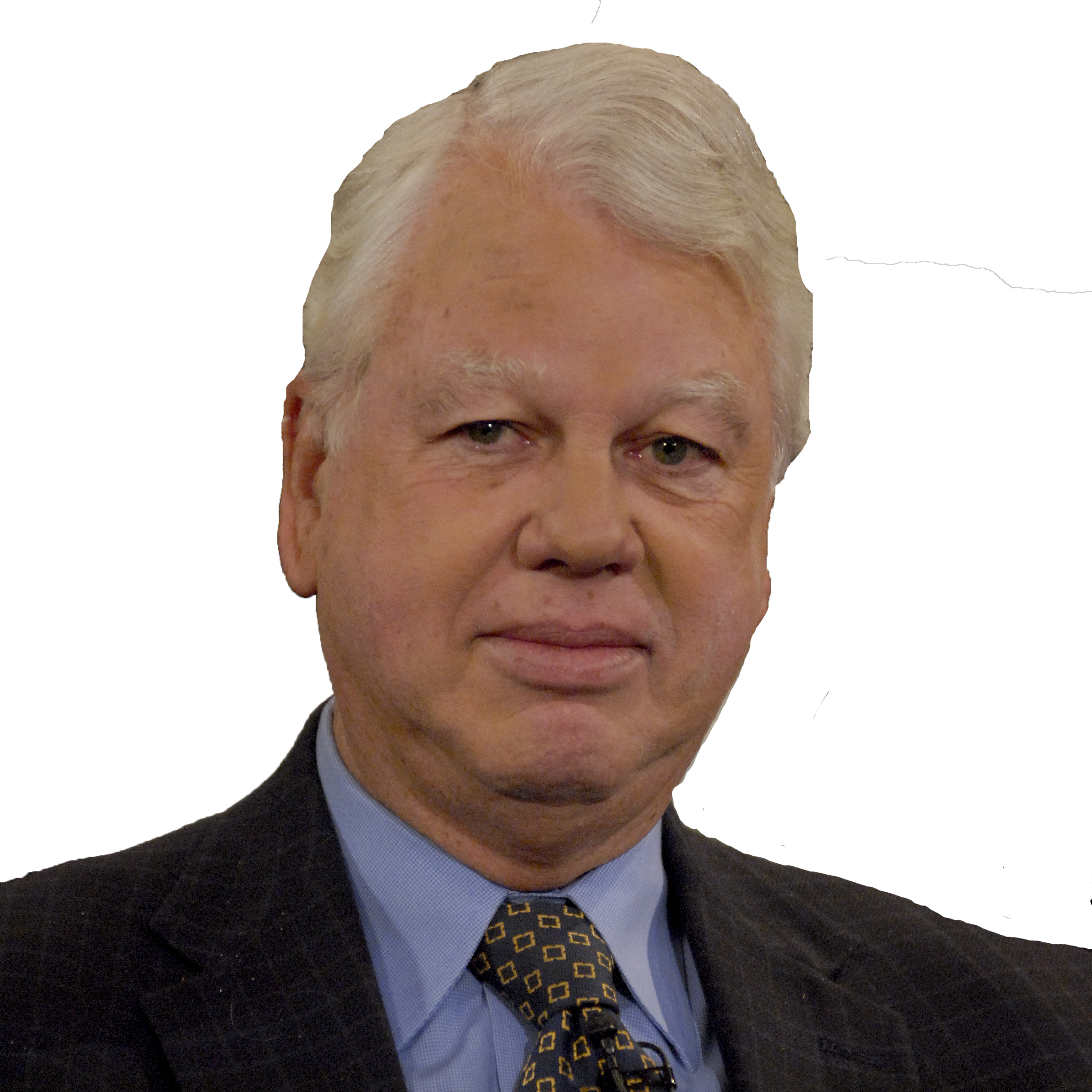 Bob Ryan
Bob Ryan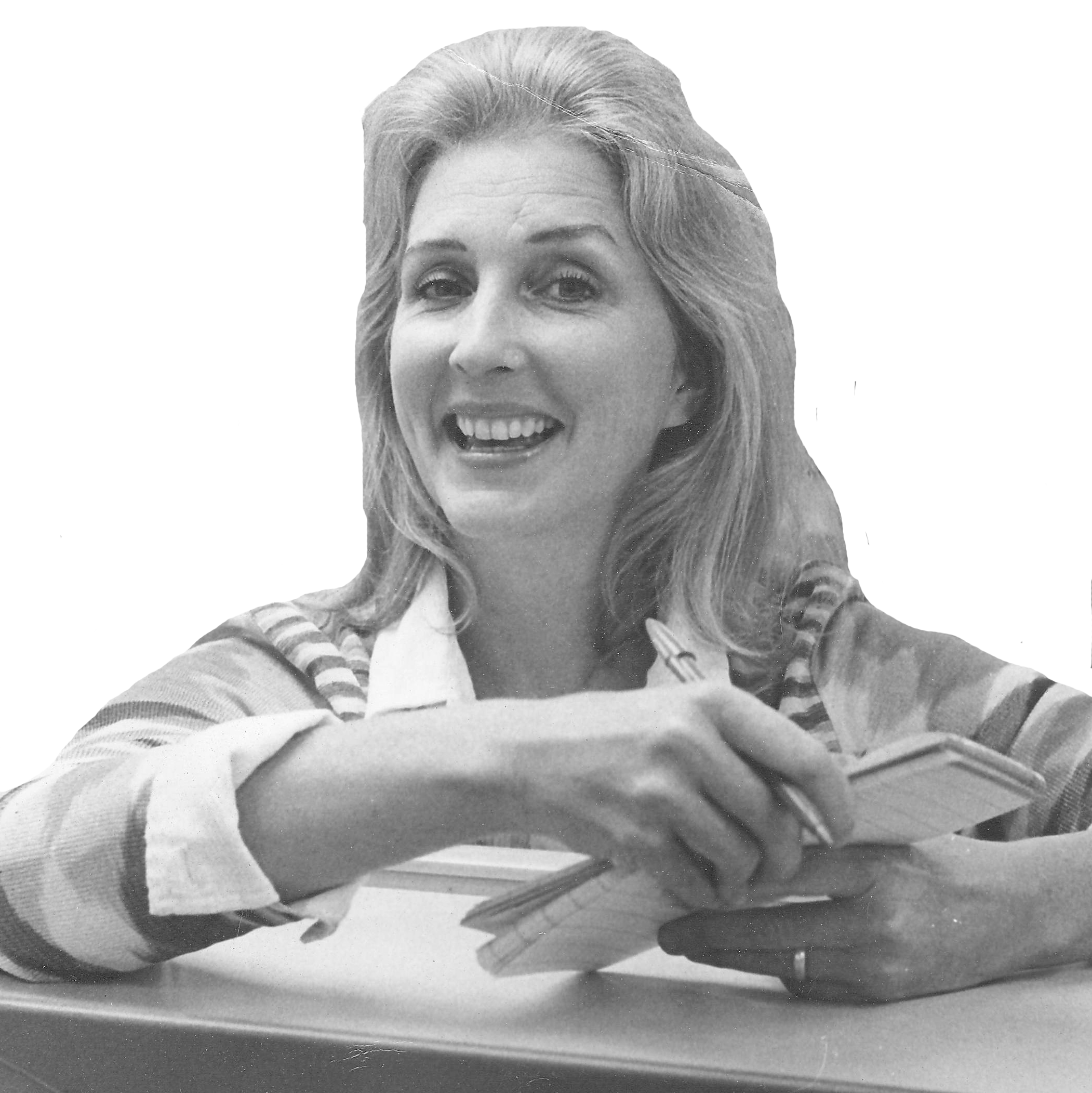 Joan Ryan
Joan Ryan Peter King
Peter King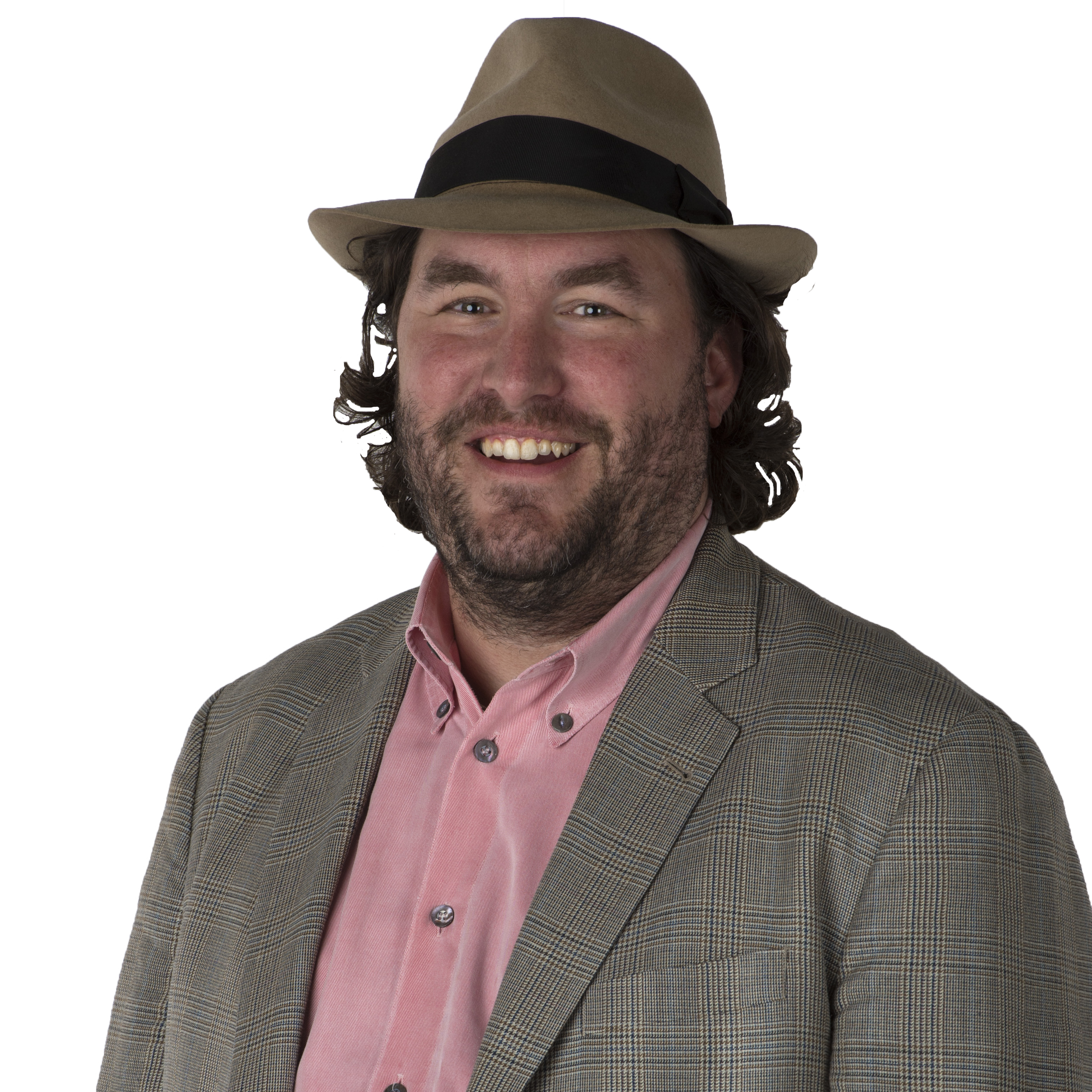 Wright Thompson
Wright Thompson John Feinstein
John Feinstein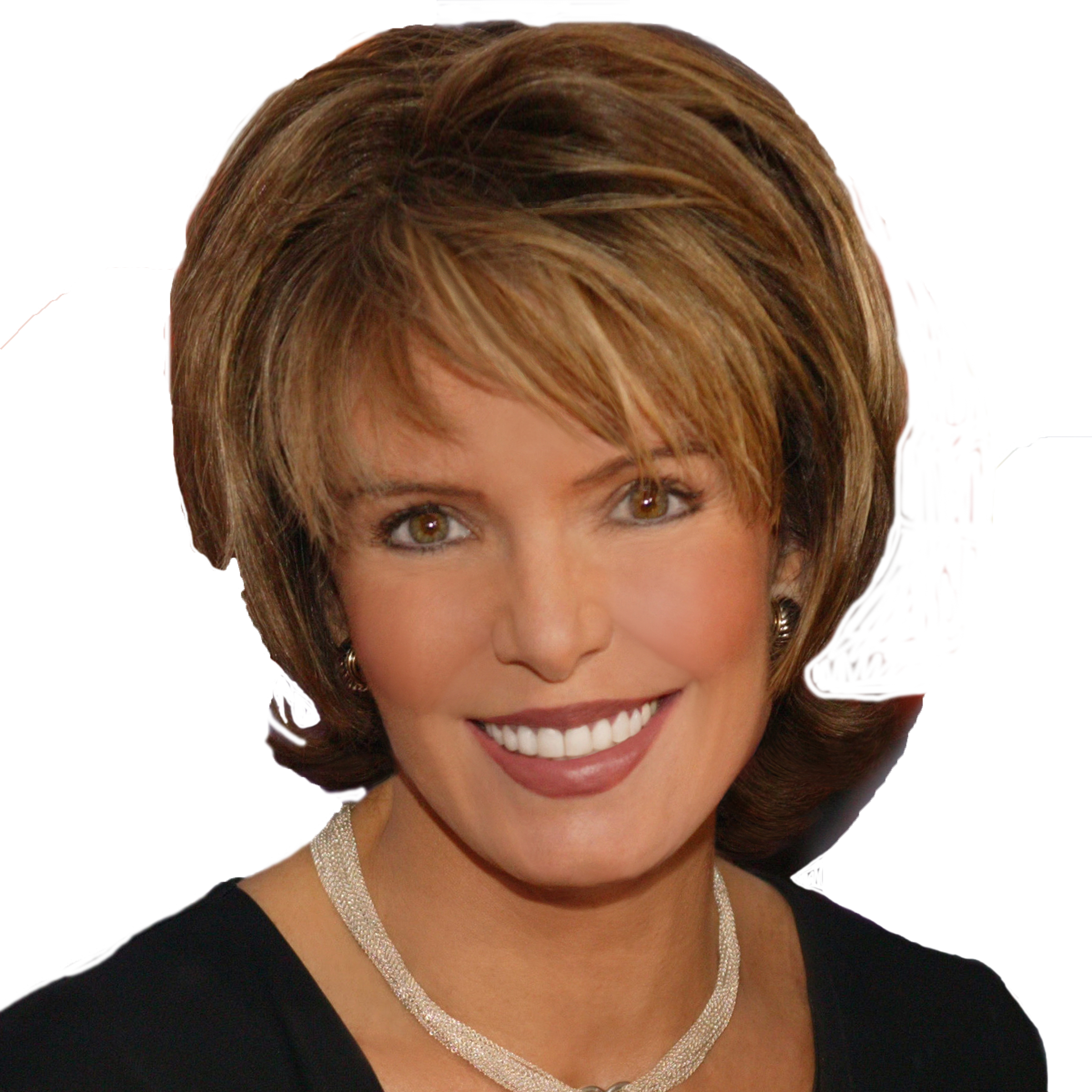 Lesley Visser
Lesley Visser Will Leitch
Will Leitch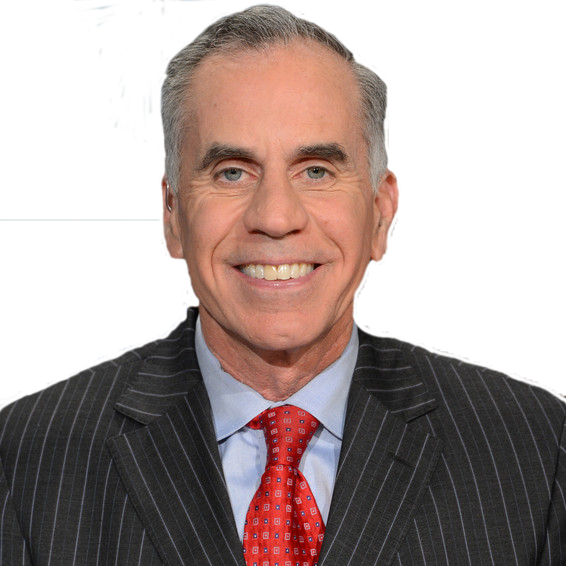 Tim Kurkjian
Tim Kurkjian Joe Posnanski
Joe Posnanski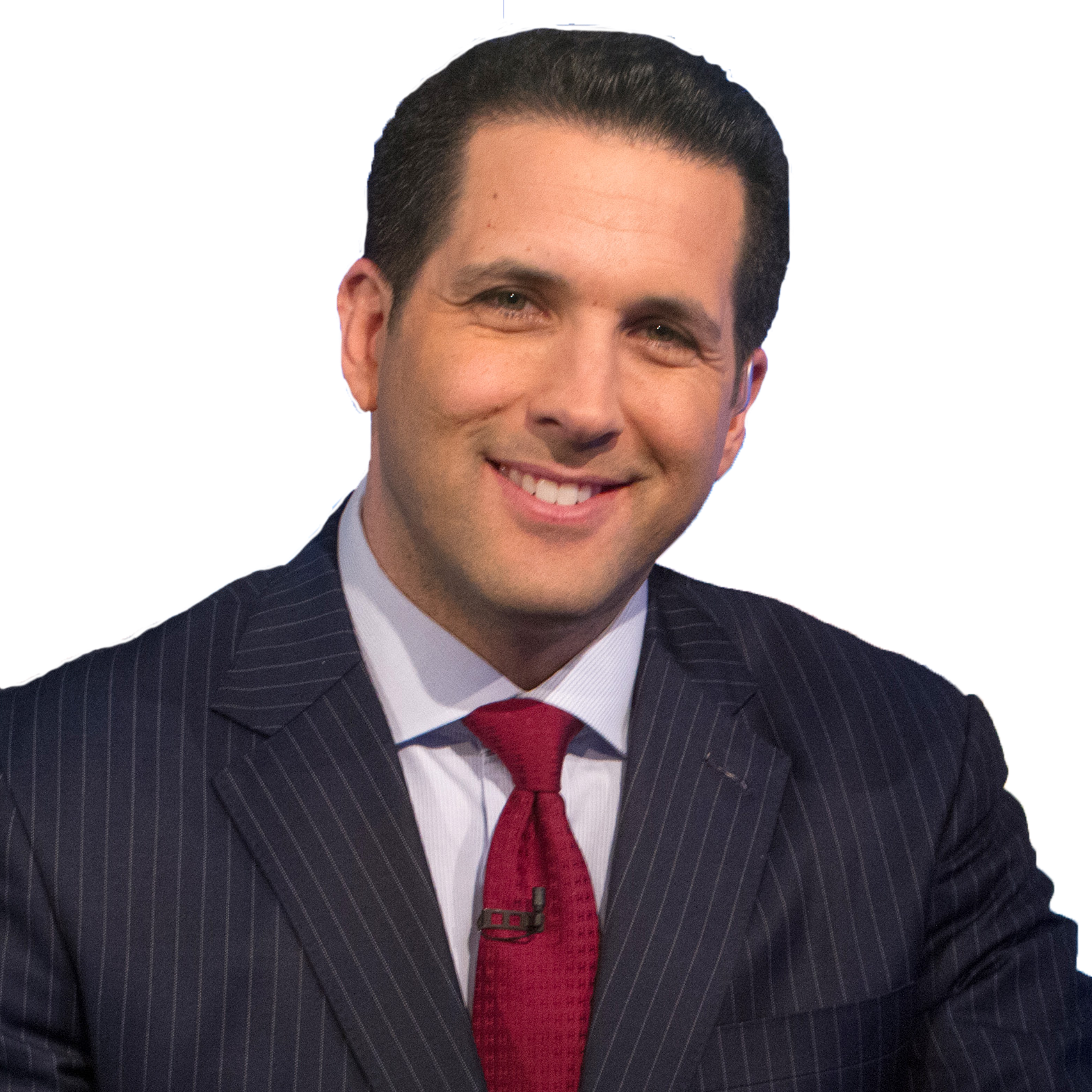 Adam Schefter
Adam Schefter Terry Taylor
Terry Taylor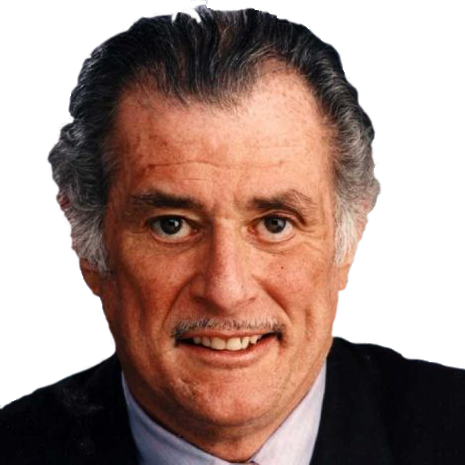 Frank Deford
Frank Deford Tom Boswell
Tom Boswell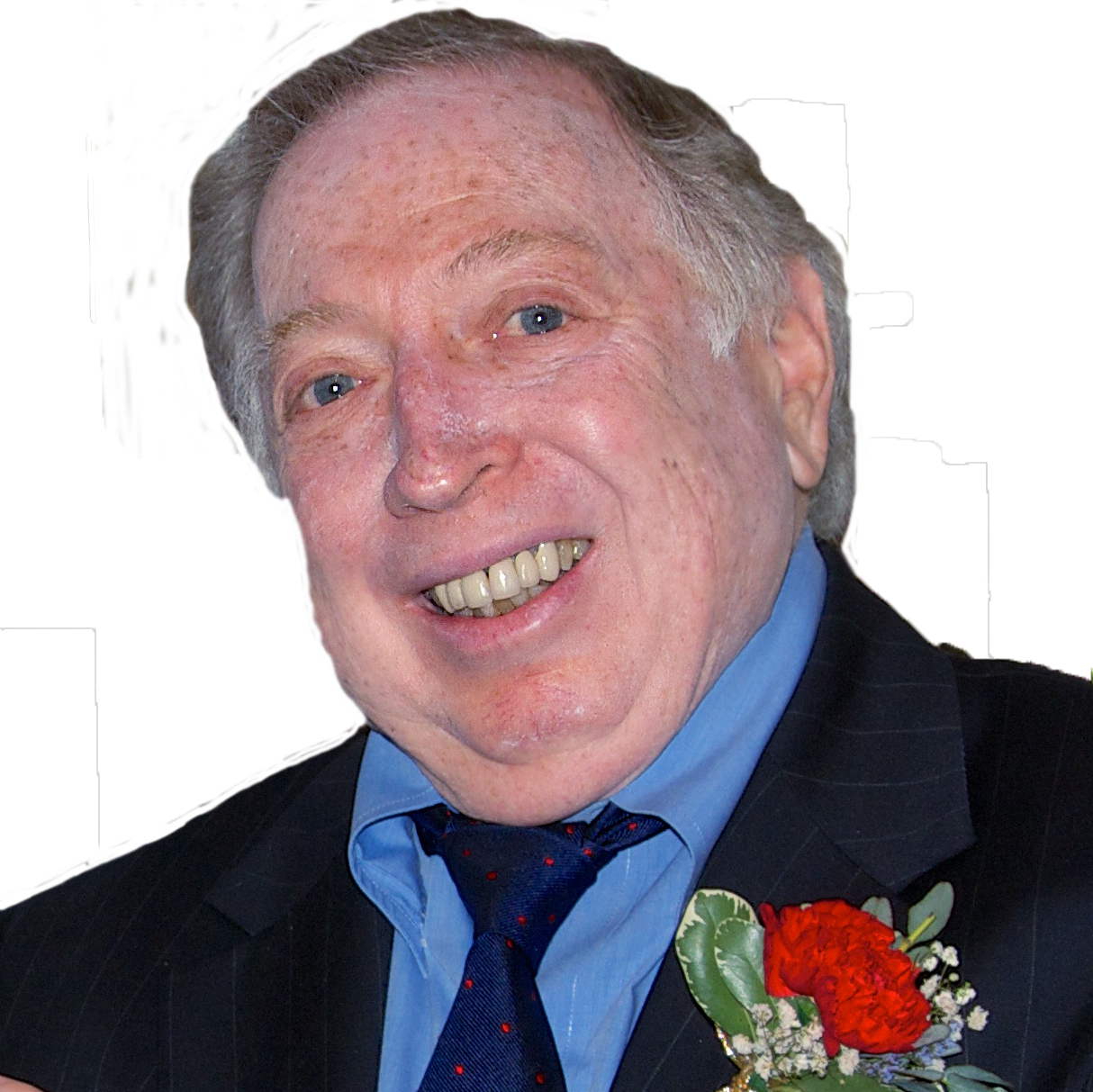 Neil Leifer
Neil Leifer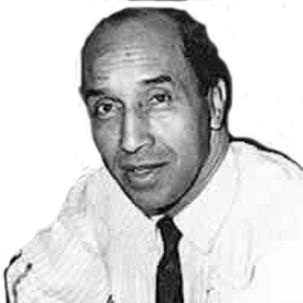 Sam Lacy
Sam Lacy Jane Leavy
Jane Leavy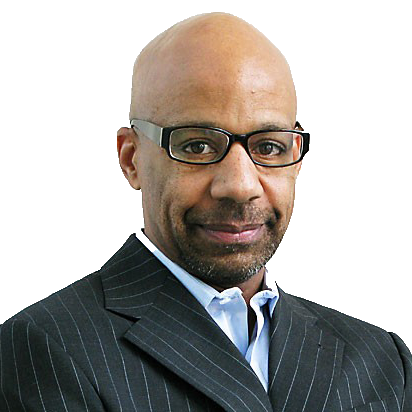 Kevin Blackistone
Kevin Blackistone Juliet Macur
Juliet Macur Andrew Beyer
Andrew Beyer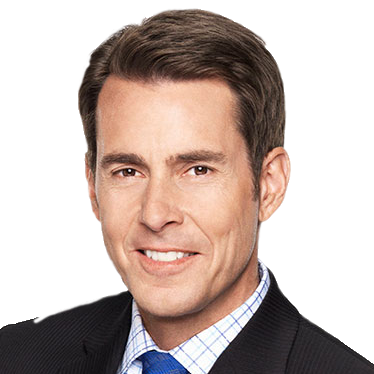 Tom Verducci
Tom Verducci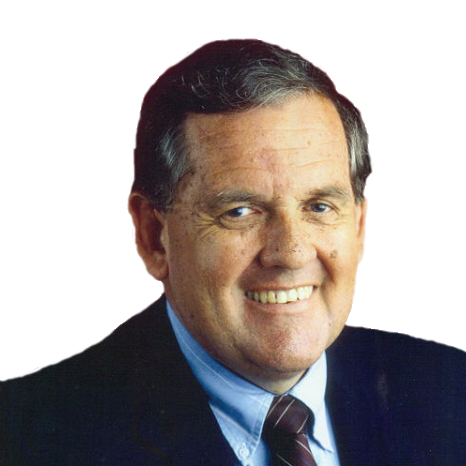 Hubert Mizell
Hubert Mizell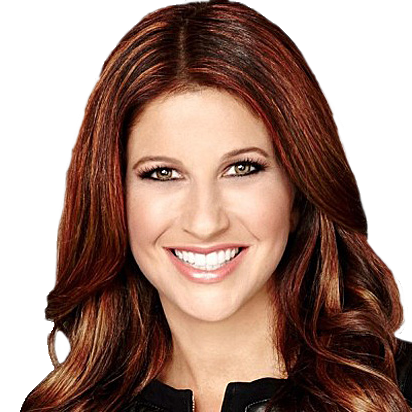 Rachel Nichols
Rachel Nichols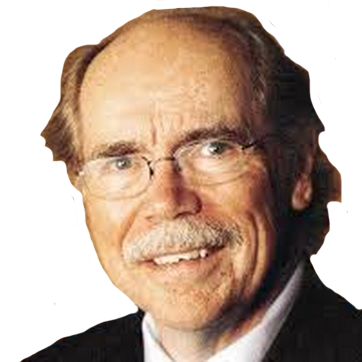 Dave Kindred
Dave Kindred Mike Lupica
Mike Lupica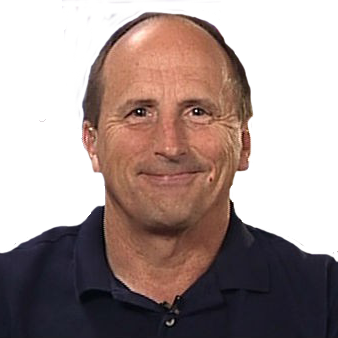 Richard Justice
Richard Justice Jerry Izenberg
Jerry Izenberg Bill Plaschke
Bill Plaschke Kevin Van Valkenburg
Kevin Van Valkenburg George Vecsey
George Vecsey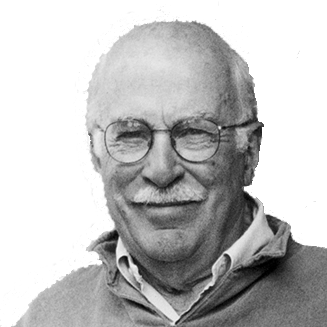 Roger Angell
Roger Angell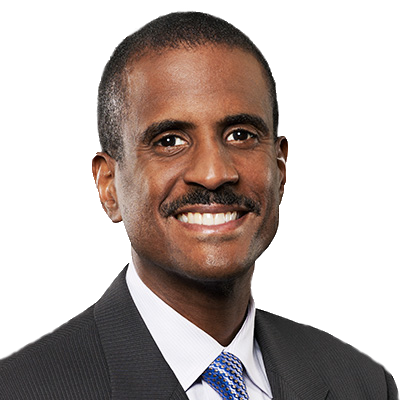 David Aldridge
David Aldridge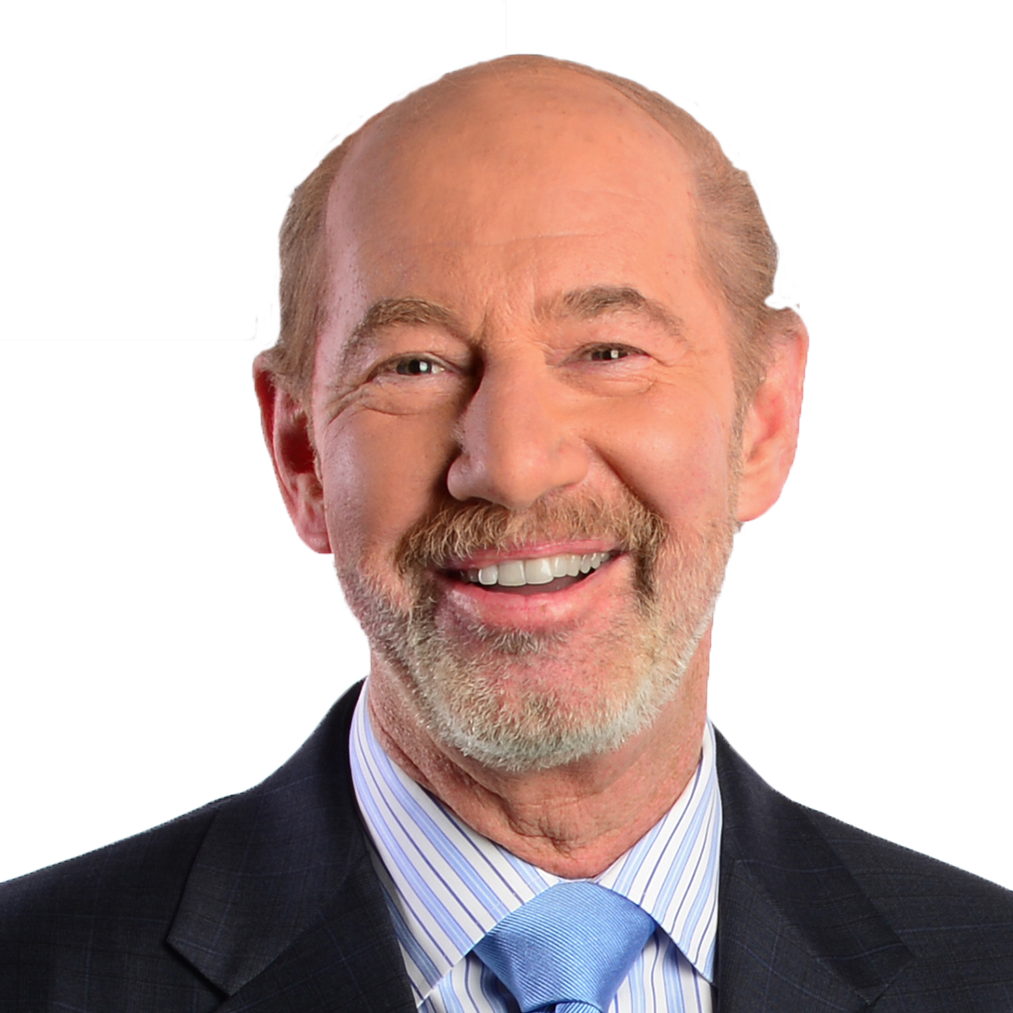 Tony Kornheiser
Tony Kornheiser Jackie MacMullan
Jackie MacMullan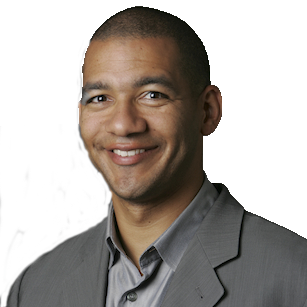 J.A. Adande
J.A. Adande Robert Lipsyte
Robert Lipsyte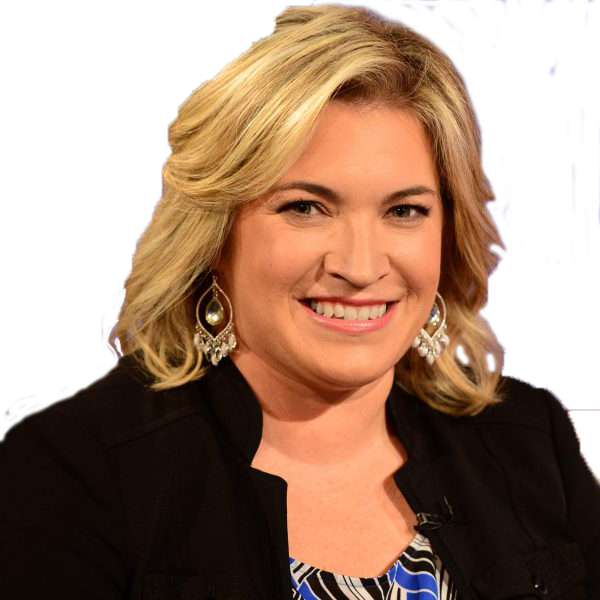 Ramona Shelburne
Ramona Shelburne David Remnick
David Remnick Bryan Curtis
Bryan Curtis Chuck Culpepper
Chuck Culpepper Jason Gay
Jason Gay Heidi Blake
Heidi Blake Dan Steinberg
Dan Steinberg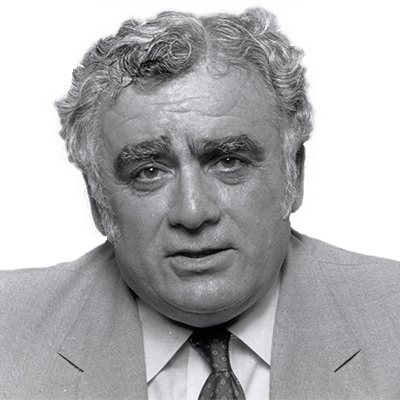 Jerome Holtzman
Jerome Holtzman Barry Svrluga
Barry Svrluga
